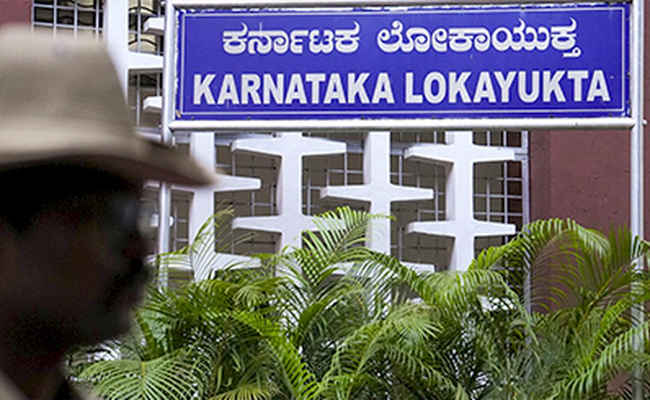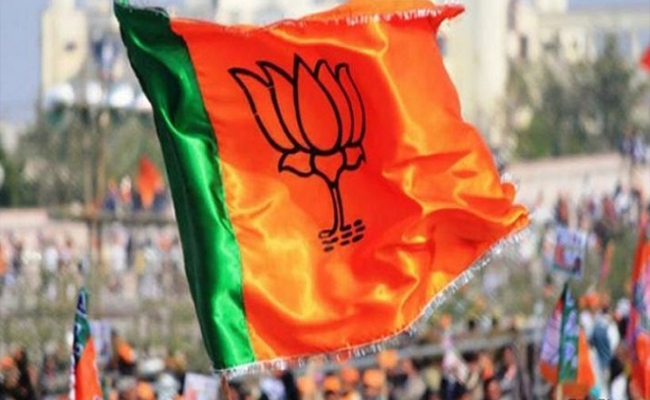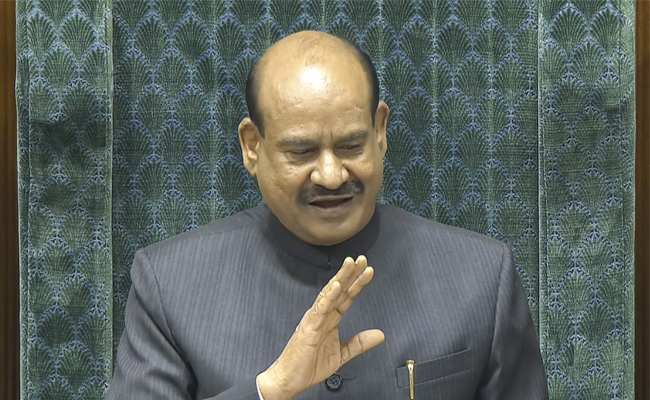San Francisco, Sep 28 : In the biggest-ever security breach after Cambridge Analytica scandal, Facebook on Friday admitted hackers broke into nearly 50 million users' accounts by stealing their "access tokens" or digital keys.
This allowed them to steal Facebook access tokens which they could then use to take over people's accounts, Facebook said in a statement.
Access tokens are the equivalent of digital keys that keep people logged in to Facebook so they do not need to re-enter their password every time they use the app.
"Our investigation is still in its early stages. But it's clear that attackers exploited a vulnerability in Facebook's code that impacted 'View As', a feature that lets people see what their own profile looks like to someone else," said Guy Rosen, VP of Product Management.
Facebook security team discovered the security issue on September 25, and it has now fixed the vulnerability and informed the law enforcement.
"We have reset the access tokens of the almost 50 million accounts we know were affected to protect their security.
"We're also taking the precautionary step of resetting access tokens for another 40 million accounts that have been subject to a 'View As' look-up in the last year," Facebook said.
As a result, around 90 million people will now have to log back into Facebook, or any of their apps that use Facebook login.
After they have logged back in, people will get a notification at the top of their News Feed explaining what happened.
"We're temporarily turning off the 'View As' feature while we conduct a thorough security review," Facebook said.
This attack exploited the complex interaction of multiple issues in Facebook code.
"The attackers not only needed to find this vulnerability and use it to get an access token, they then had to pivot from that account to others to steal more tokens," it said.
Facebook said it does not know who is behind this massive security attack.
"We're working hard to better understand these details and "we will update this post when we have more information, or if the facts change," said the company.
In the Cambridge Analytica scandal, data of nearly 87 million people was breached upon.
Let the Truth be known. If you read VB and like VB, please be a VB Supporter and Help us deliver the Truth to one and all.
Bengaluru (PTI): The Lokayukta on Thursday conducted simultaneous raids at the premises of several government officials across different districts of Karnataka in connection with alleged possession of disproportionate assets, officials said.
The searches were carried out at multiple locations linked to officials working in various government departments in districts including Bengaluru, Mandya, Dharwad, Hassan, Mysuru, Vijayapura and Yadgir, among others, they said.
According to Lokayukta officials, the raids targeted officials holding posts such as Assistant Executive Engineer, Junior Engineer, Deputy Electrical Inspector and Taluk Backward Classes Welfare Officer.
ALSO READ: More than 1,200 booked for drunk driving during Holi celebrations in Delhi
Among those raided was Assistant Executive Engineer M C Satyanarayana of the Hassan Municipal Corporation.
High drama unfolded during the raid at Satyanarayana’s residence in Hassan, where Lokayukta officials were forced to wait outside the house for more than an hour before gaining access as the door was not opened, sources said.
When Satyanarayana failed to respond to requests to open the gate, officials attempted to enter the house by climbing to the first floor.
In another case, officials conducted searches at the residence of Chief Engineer Vasantappa Nayak of Karnataka Rural Infrastructure Development Limited located in Akshaya Colony in Hubballi, sources said.
Currently serving in Bengaluru, Nayak had been transferred from Hubballi to Bengaluru in April last year. Officials are carrying out searches at his residence in Akshaya Colony, they said.
The raids were conducted by multiple teams of Lokayukta officials early in the morning at the residences and offices of the suspects following complaints regarding disproportionate assets.





